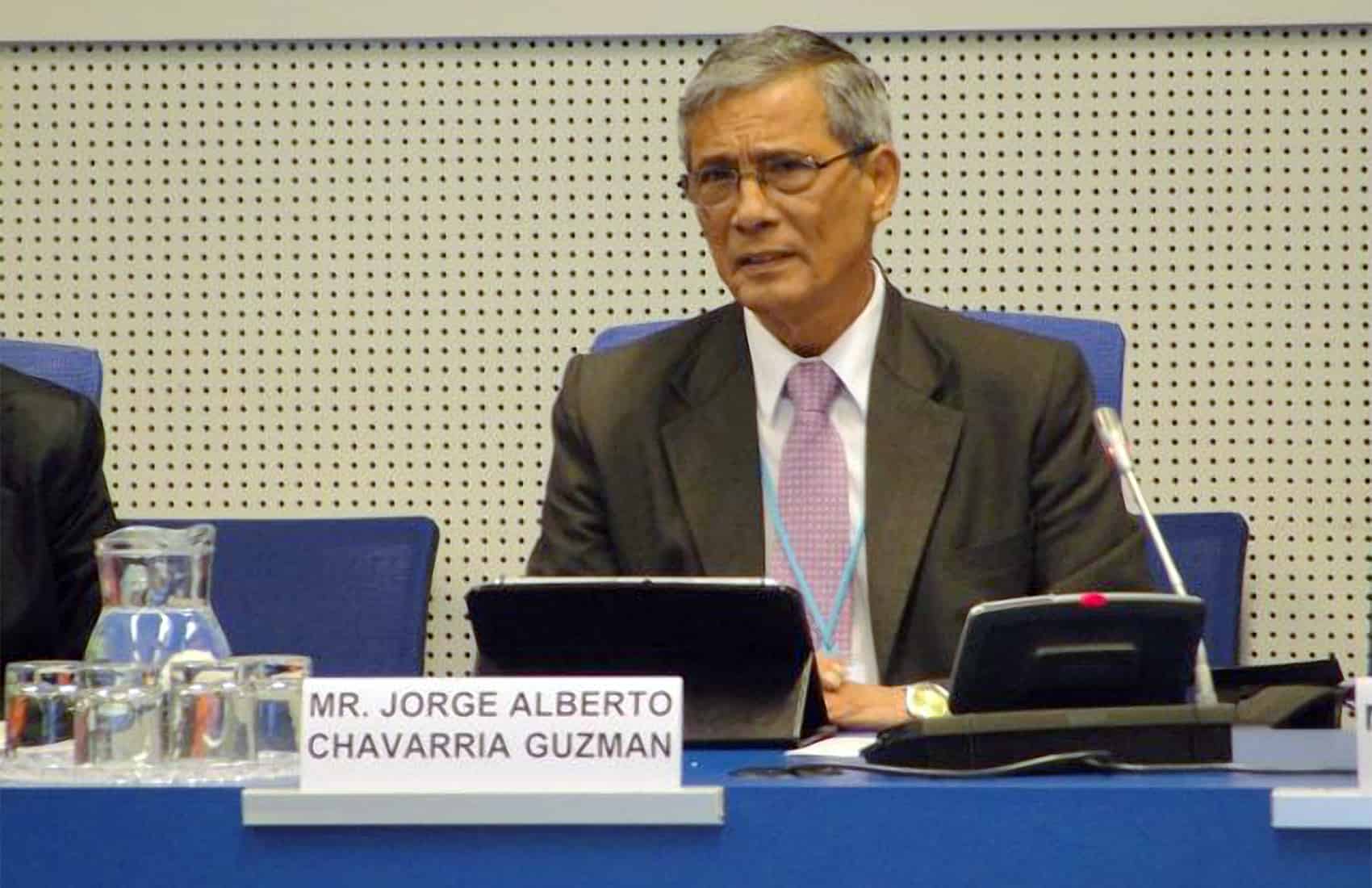With 16 votes in favor and six against, Supreme Court justices on Monday afternoon re-elected Jorge Chavarría Guzmán as Costa Rica’s chief public prosecutor for another four-year term.
The voting, originally scheduled for 2 p.m., was delayed by an hour due to a discussion about whether or not to ask Chavarría to submit a full report of his work.
The chief prosecutor took office in October 2010, and his current term expires on Oct. 15.
Chavarría said last May that he would not seek re-election due to personal reasons. But two months later, he asked Supreme Court President Zarela Villanueva to accept his candidacy. His change of heart might have had something to do with a request by 278 public prosecutors that asked the Supreme Court to urge Chavarría to reconsider.
Shortly after midday on Monday, a group of citizens gathered in front of the Supreme Court building in downtown San José to oppose Chavarría’s re-election. The group displayed banners and shouted slogans of “No to impunity,” “No to continuity,” and “The [chief] prosecutor is a paper tiger.”
Demonstrators said they oppose Chavarría’s re-election because he showed a “lack of objectivity,” a reference to his alleged failure to prosecute public officials linked to several scandals from the previous administration of President Laura Chinchilla (2010-2014).
Two lawmakers from the ruling Citizen Action Party – Franklin Vargas and Javier Cambronero – participated in the protest.
“There is no justification for the Supreme Court to to re-elect Chavarría,” Vargas said. “It is in no way possible to maintain in office a prosecutor who has been so complacent in the face of corruption in the political sector. A change is needed in the judicial branch after the last two governments, which were some of the most corrupt in the history of our country.”
An online petition collected signatures to urge justices to reject Chavarría. By 2 p.m. on Monday, the campaign had collected 1,800 signatures.
An image accompanying the online campaign asks, “Mr. Jorge Chavarría, citizens need to know, how is the border road scandal investigation going?”
The question refers to one of the Chinchilla administration’s biggest scandals, involving a 160-kilometer road parallel to Costa Rica’s border with Nicaragua. The administration spent more than $38 million in emergency public funds on a project that produced shoddy work and resulted in several corruption allegations, which are still pending.

